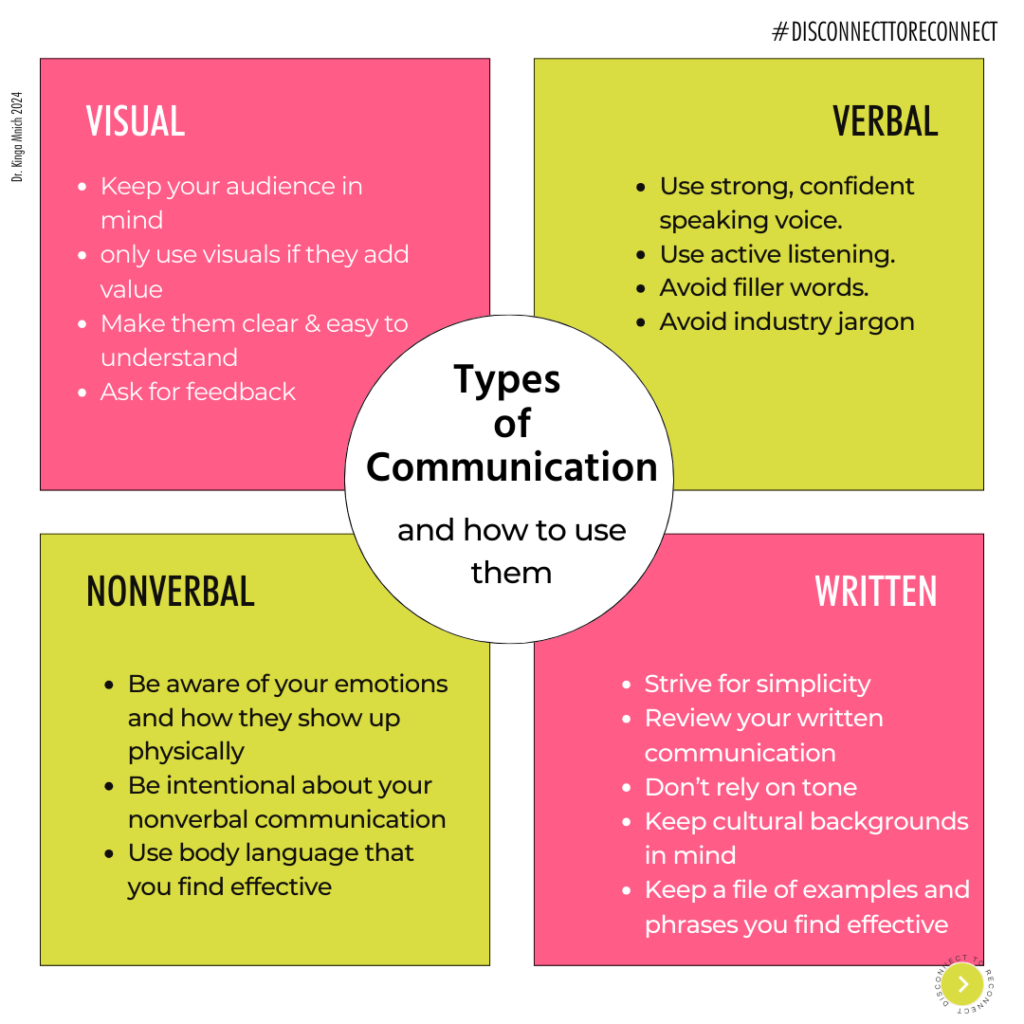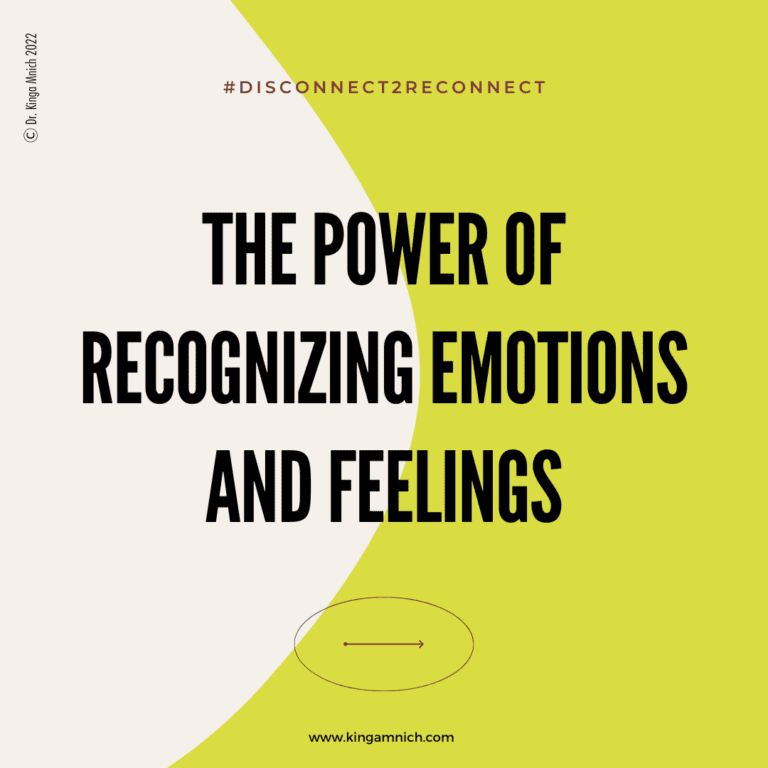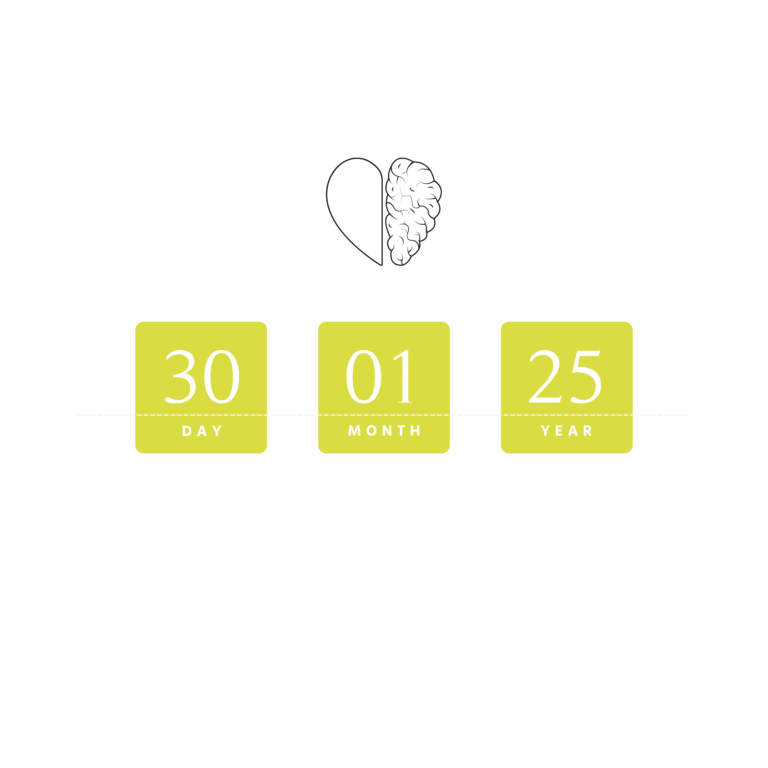Balancing self-expression with societal expectations is a challenge many female leaders face, but overcoming this involves effective communication strategies and maintaining integrity. Use techniques like nonverbal communication, clarity, preparation, and cognitive behavioral methods to express your voice confidently and navigate adversity.
I went from speaking too much to not saying enough. At least, that’s what I was led to believe was the problem, which is why I wasn’t receiving the opportunities I was hoping for.
It’s easy to fall into this trap.
When I look back at my twenties, I see a young woman—fearless, outspoken, and sometimes careless (in the sense of not caring what others thought)—confidently expressing her opinions. That is, until people began to censor her, dictating how she should behave.
I vividly remember the first time it happened. Everything was going well; I received excellent feedback from clients and team members. It all felt just right. Then, a mentor within the company approached me and dropped a bombshell: “Don’t be so emotional and temperamental. Just calm down. You are too outspoken.”
Years later, I found myself in the opposite situation. As a board member of a city organization, I had grown accustomed to modulating my communication style to the point of resigning myself to silence unless explicitly asked for my opinion. This didn’t mean I stopped expressing my ideas altogether; I confined them to one-on-one settings. One day, another board member approached me and said it was selfish of me not to share my ideas and experiences.
Jaw drop.
No matter what, I was unable to get it right. So, why not ignore the rules and speak up when I believe it is beneficial? I know it is more complex than that.
Obstacles we need to overcome.
As female leaders, minority leaders, and aspiring leaders, balancing being heard and sidelined can be particularly challenging. It’s a tightrope between expressing our true selves and conforming to expectations. Reflecting on our journeys can remind us of the importance of our voices—not just for ourselves but for the impact we can have on our teams, companies, and communities.
Most of us have to overcome the obstacles of understanding that adversity, derogatory remarks, rude behavior, and unconstructive criticism we encounter are systematic issues and not a personal reflection of who we are. I know it is difficult to keep these two things apart, especially when they are happening.
That’s why so many personal development tools focus on dealing with scenarios, are coping mechanisms, and are not necessarily techniques to elevate oneself as a person.
However, the less stressed you are in difficult situations, the less impacted you are by the negative effects of outdated social rules, and the more you can create the life you want. When I find myself in an uncomfortable situation, I ask myself if this matters in the long term. Will this situation impact me in 10 or 20 years? Most of the time, the answer is NO.
Nevertheless, we all want to contribute and be heard, especially if you have put significant time and work into an idea. Let’s dive into some techniques that can help you communicate more effectively.
Non-verbal communication and body language.
Did you know that body language can have between 65 to 93% more impact than the spoken word? We communicate our emotions through our non-verbal communication and showcase our confidence as a result of it. The third pillar of confidence is attitude, which refers to how you present yourself and take up space in a room. Non-verbal communication can significantly enhance your ability to connect with others and convey your message effectively. Start by becoming more aware of your body language, facial expressions, and eye contact, ensuring they align with your words. Practice observing others and seeking feedback to refine your skills. Consistency and empathy are key—ensure your non-verbal cues reflect your genuine emotions and respect others’ personal space. By focusing on these elements, you can communicate more confidently and authentically, making your interactions more meaningful and impactful.
Here is one proven method to communicate more effectively:
- Be clear and concise. It is easy to use fluff words when explaining how you came to a conclusion. This is particularly difficult for me because when I find a solution or come up with an idea, I want to share the excitement of it. It is my curiosity that kicks in. Most people don’t have the bandwidth to follow you and stay engaged. Being clear and concise helps you keep people’s attention.
- Prepare ahead of time for your presentation and your use of words, as well as how you inject interruptions, counter nay-sayers, and bring allies into the conversation. I have a list of phrases I like and keep it as a note on my phone.
- Be mindful of non-verbal communication – body language can have between 65 to 93% more impact than the spoken word.
- Watch your tone. How you say something is just as important as what you say. The tone makes the music. The tone carries your emotions. It will reveal whether you are nervous, angry, annoyed, or insecure.
- Ask questions: This demonstrates that you are present and helps you to become more visible. Questions show that you are listening and a problem-solver, and they also show your curiosity and ability to follow a conversation. One sharp question can be more impactful than any other contribution.

But also do not shy away. Take space, be present, and stand in your power. While you might have to endure the interruptions and lack of listening, keeping a strong posture helps your nervous system stay calm. Research suggests that strong postures improve self-esteem, confidence, and ability to focus.
Here is a proven method to help you overcome adversity at work:
- Use cognitive Behavioral Techniques such as Thought Recording
Thought recording can help you identify and challenge negative thought patterns. This technique involves recording and analyzing negative thoughts to identify cognitive distortions, thinking errors, and negative self-talk. By challenging these distortions and replacing them with more positive and accurate thoughts, you can improve your confidence and mood, reduce anxiety, and enhance your overall well-being.
When reviewing your thoughts, remember that social and cultural structures, even if they feel like they are built against you, aren’t personal. They are systemic errors; together, we can challenge and change the systems.
Summary:
It takes a lot of self-awareness and the ability to set situations into perspective to overcome difficult situations. Understanding who you are and what your strengths are and being able to recognize your own achievements helps you build the confidence you need to overcome the situations described above. While we are all working on changing the systems, it is important to foster an attitude that allows you to stay present and not be impacted by the nonsense that so many of us must endure. At the end of the day, it is all about keeping your own integrity, which means being aligned with your values and norms.
Resources:
Free Communication Evaluation Test https://www.mindtools.com/a3y5cte/how-good-are-your-communication-skills
Book:
The elevated communicator by Maryanne O’Brien
Podcast Interview:
What can we learn from men in order to further empower women? ft. Dr. Kinga Mnich













One Comment
Amazing effort,will you please make ano topic for brainstorming in the hurdles and obstacles ,i am housewife lady and make an international project for ghilafekaba’s color change but nobody support me kindly guide me how can i achieve my goal?once again bundle of thanks for positive thoughts